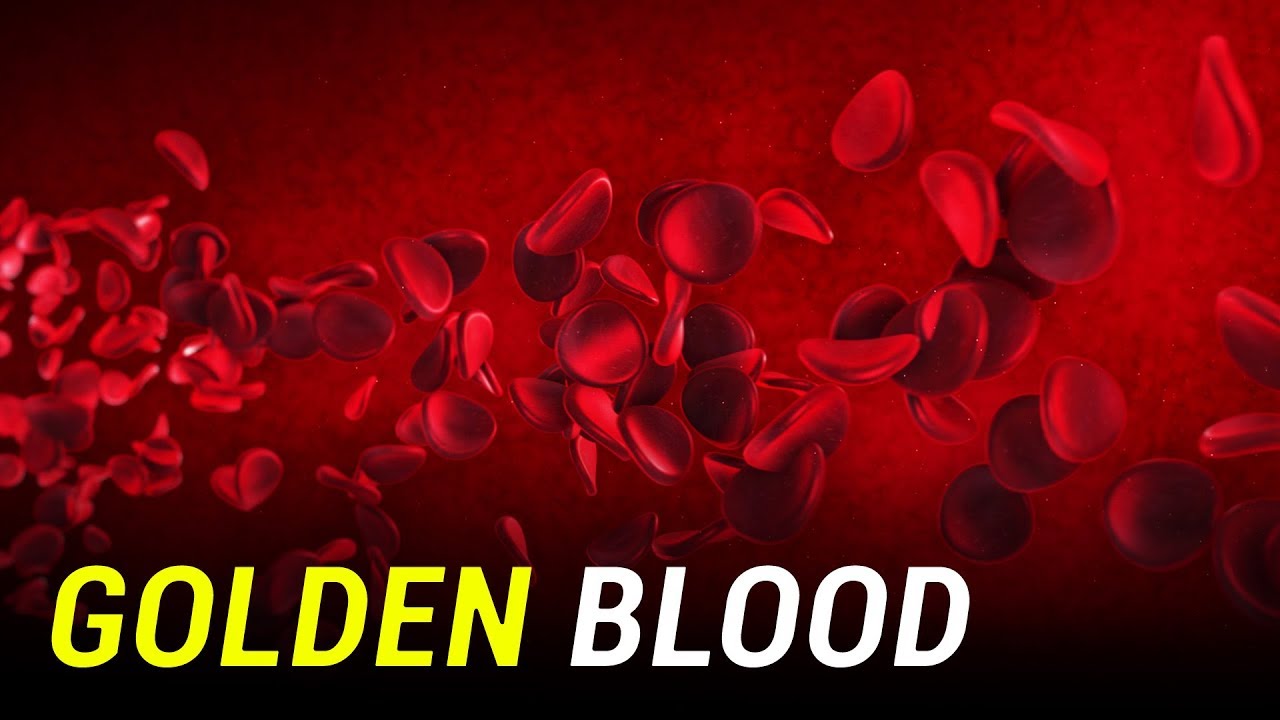

These are collected through an automated process called apheresis that spins and separates out the red blood cells and returns fluids back to the donor. It takes about 10 minutes to donate and donors are eligible every eight (8) weeks. Donors age 17 and 18 may donate every 6 months.ĭouble Red Donation: Donating a double red is choosing to donate only red blood cells. Whole Blood Donation: Donating one (1) pint of whole blood could save up to three lives. If you are Type O-, you can make the most of your donation by donating whole blood or double red cells. People with Type O-negative (O-) blood are in great demand because they are considered “ universal red cell donors,” meaning their red blood cells can be safely transfused to patients with any blood type. The need for O-negative blood is the highest because it is used most often during emergencies and traumas and when blood type is unknown. However, O- blood types can ONLY receive O- blood. Blood Types Who Can Receive Your Platelets: O+.Blood Types Who Can Receive Your Plasma: O-, O+.Blood Types Who Can Receive Your Red Blood Cells: A+, AB+, B+, O+.Preferred Donations: Whole Blood, Double Red Blood Cell, Platelet.Percentage of Population with this Blood Type: 38%.Platelet donors are eligible every 2 weeks. Donors age 17 and 18 may donate every 6 months. Double red cell donors are eligible every 16 weeks. Whole blood donors are eligible to give blood every 8 weeks. If you are Type O-positive (O+), you can make the most of your donation by donating whole blood, double red cells or platelets. Double red cell and platelets are donated through an automated process called apheresis that spins and separates red cells or platelets and returns fluids back to the donor. The most common blood type, therefore the most commonly transfused blood type, red blood cells are needed most from O-positive (O+) blood donors. Click your blood type below to learn more about what makes your blood group unique. Find out more about rare, common and universal blood types and which blood types can donate to other blood groups. It is the presence of A and B antigens and corresponding antibodies that determines your ABO blood group.Some blood types are more common than others and some are considered rare. That’s why giving someone blood from the wrong ABO group can be life-threatening. They recognise any ‘foreign’ antigens and tell your immune system to destroy them. You also have antibodies in the clear part of blood called plasma.Īntibodies are important in transfusion because they are the body’s natural defence system. Which group you belong to depends on the antigens and antibodies in your blood.Īntigens are a combination of sugars and proteins that coat the surface of a red blood cell.ĭepending on your combination, you will have: There are four main blood groups in the ABO group system.Įach group is important and we need donors from every group to ensure we have the right blood for the people who need it. The ABO group system gives the letter part of your blood type and Rh system gives the positive or negative part. The two most important blood group systems for transfusion are ABO and Rh. Your blood group is inherited from genes passed on by your parents.


 0 kommentar(er)
0 kommentar(er)
